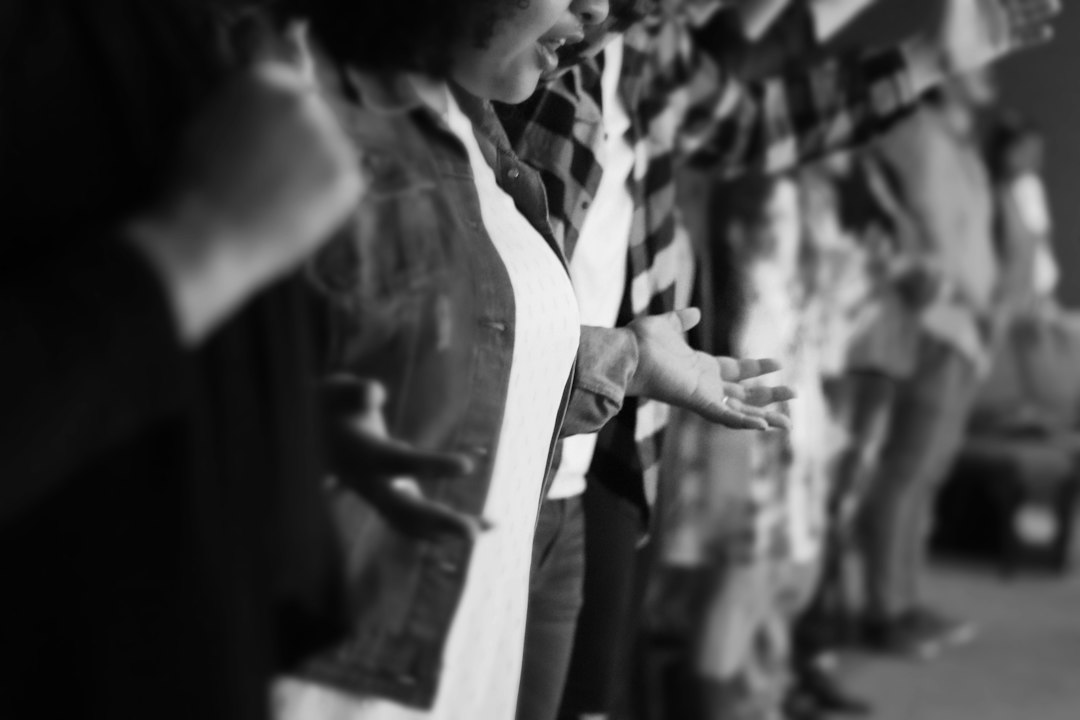Religious Freedom and Human Rights: Navigating the Challenges
Religious freedom and human rights are two fundamental principles that are closely intertwined but can also present challenges when navigating their intersection. While religious freedom is the right to practice one’s religion freely, human rights encompass a broader set of rights that protect individuals’ dignity, equality, and freedom from discrimination. This blog post aims to shed light on the challenges that arise when balancing religious freedom and human rights and explore possible ways to navigate these complex issues.
One of the main challenges in this realm is finding a balance between religious beliefs and practices that may infringe upon the rights of others. For example, an individual may argue that their religious beliefs prohibit them from providing certain services to certain groups, such as LGBTQ+ individuals or women seeking reproductive healthcare. In such cases, it becomes crucial to weigh the religious rights of the individuals against the rights of others to equal treatment under the law.
To navigate this challenge, a nuanced approach is necessary. Governments and societies must strive to protect both religious freedom and human rights without unduly favoring one over the other. One possible solution is to enact laws that accommodate religious beliefs while also ensuring that they do not impede on the rights of others. For instance, religious exemptions may be granted, but only if granting them does not result in discrimination or harm to others.
Another challenge that arises concerning religious freedom and human rights is how to address practices and beliefs that may go against internationally recognized human rights norms. Certain religious traditions may, for example, condone child marriage, female genital mutilation, or discrimination based on caste or gender. While individuals have the right to practice their religion freely, these practices violate essential human rights principles.
To navigate this challenge, it is vital to engage in dialogue and education. Governments, religious communities, and civil society organizations should work collaboratively to raise awareness about human rights, promote dialogue, and challenge harmful practices based on religious beliefs. Education can play a crucial role in sensitizing individuals to the importance of human rights, helping prevent human rights abuses, and encouraging a more inclusive and respectful society.
Moreover, promoting tolerance and understanding among different religious communities can also contribute to navigating the challenges at the intersection of religious freedom and human rights. Interfaith dialogue and mutual respect are powerful tools to foster social cohesion and prevent conflict. It is essential to recognize that religious freedom does not mean imposing one’s beliefs on others but rather respecting the rights and beliefs of all individuals, regardless of their religious or non-religious affiliations.
In addition to these challenges, balancing religious freedom and human rights becomes even more complex when considering the diversity of religious beliefs and practices worldwide. Different religious traditions have varying interpretations of religious texts and doctrines. Thus, what is considered an infringement on religious freedom in one cultural context may be seen as upholding human rights in another.
To navigate this challenge, a universal framework of human rights must be upheld while also respecting and understanding cultural and religious diversity. International human rights standards should be used as a compass for protecting human rights universally, and dialogue between religious communities, policymakers, and human rights advocates can help find common ground and promote mutual understanding.
In conclusion, navigating the challenges at the intersection of religious freedom and human rights is a complex task that requires a delicate balance. While religious freedom is a fundamental right, it is not absolute and should not infringe upon the rights of others. Governments and societies must work together to find solutions that respect religious beliefs while upholding human rights principles. This can be achieved through enacting laws that strike a balance, engaging in dialogue and education, promoting tolerance, and respecting cultural and religious diversity. Only by working collectively can we overcome these challenges and create a society that respects both religious freedom and human rights.

